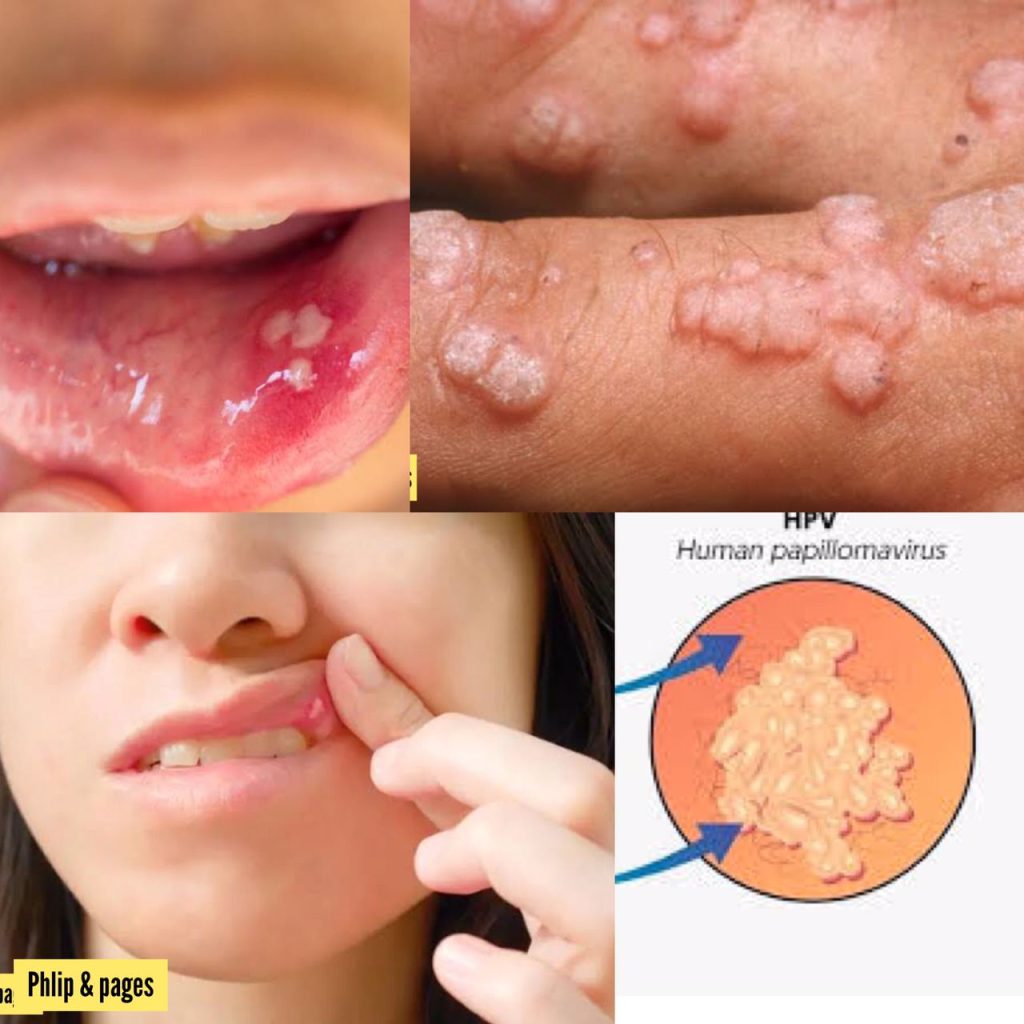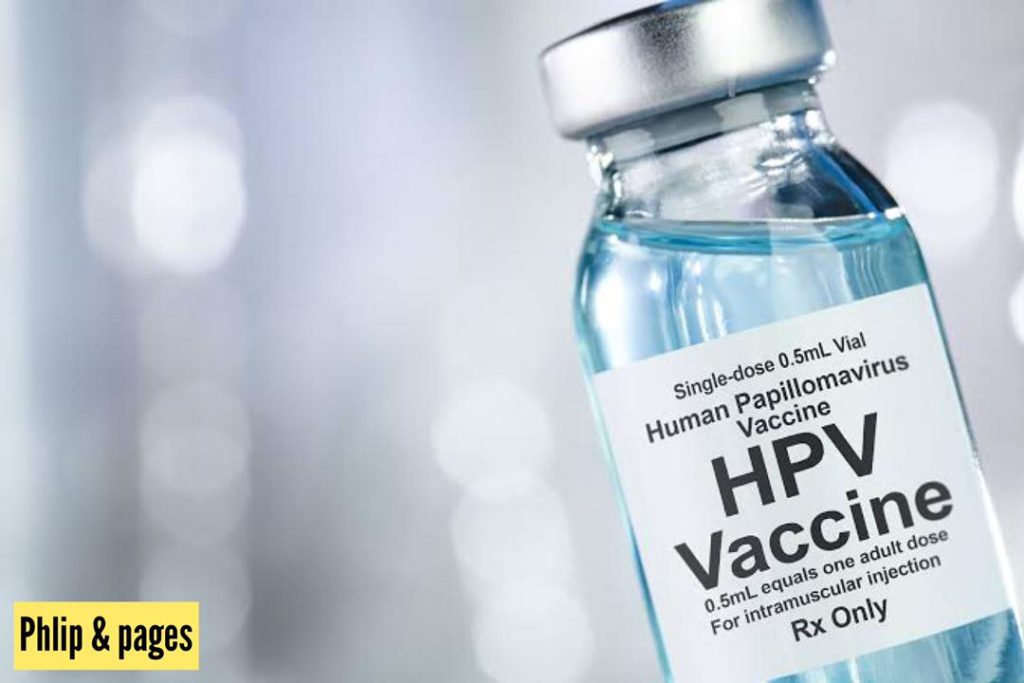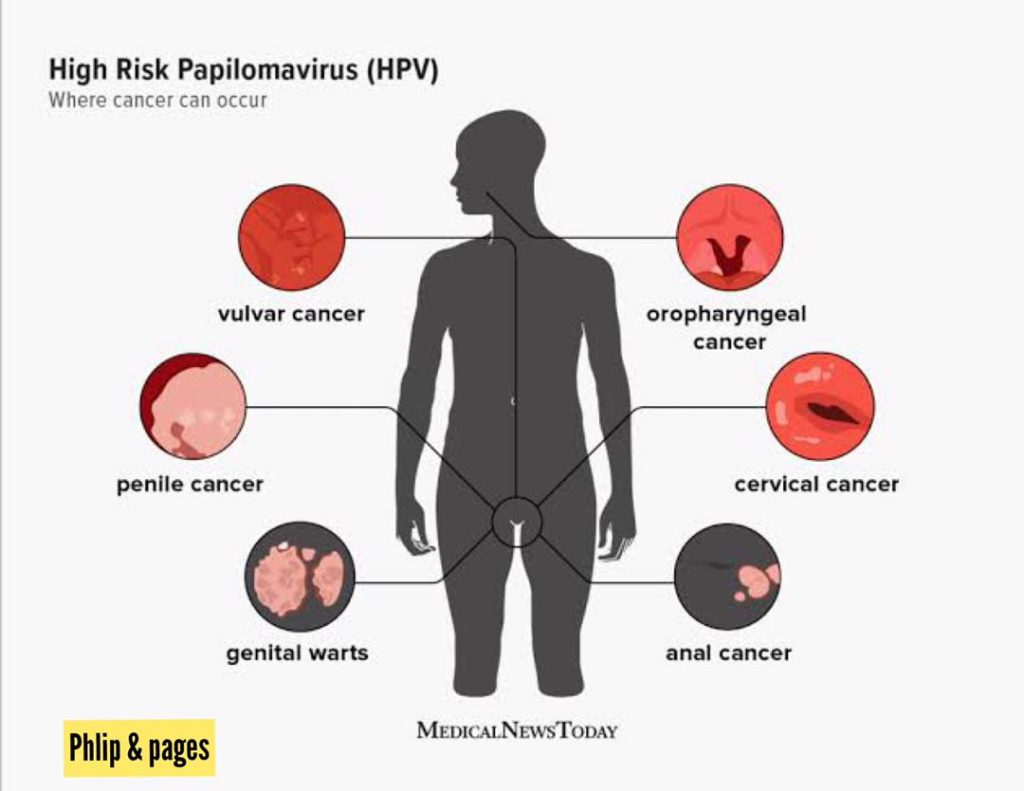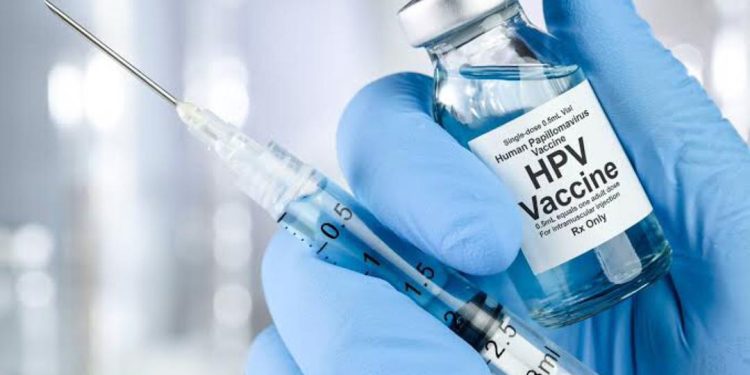Human Papillomavirus (HPV) is a common sexually transmitted infection that affects millions of people worldwide. In recent years, the development of the HPV vaccine has revolutionized preventive medicine by offering protection against several strains of the virus. This breakthrough vaccine has proven to be an invaluable tool in the fight against HPV-related diseases, including cervical, anal, and oropharyngeal cancers, as well as genital warts. In this article, we will delve into the significance of the HPV vaccine, its safety profile, and the overall impact it has had on public health.

Understanding HPV and Its Health Implications:
HPV is a viral infection transmitted through sexual contact. It encompasses a wide range of strains, some of which have been identified as high-risk types associated with various cancers, while others are responsible for causing genital warts. Cervical cancer, in particular, poses a significant health risk for women, being the fourth most common cancer among females worldwide. Additionally, HPV-related cancers can affect men, including cancers of the anus, penis, and oropharynx.
The Importance of Vaccination:

Vaccination against HPV offers several crucial benefits to individuals and society as a whole. By preventing infection from high-risk HPV strains, the vaccine effectively reduces the incidence of associated cancers and genital warts. It also plays a vital role in achieving herd immunity, which occurs when a sufficiently high proportion of the population is immunized, reducing the overall transmission of the virus and protecting vulnerable individuals who may not be able to receive the vaccine themselves.
Safety and Efficacy of the HPV Vaccine:
Extensive research and rigorous clinical trials have demonstrated the safety and effectiveness of the HPV vaccine. Approved by regulatory authorities worldwide, including the U.S. Food and Drug Administration (FDA) and the European Medicines Agency (EMA), the vaccine has undergone thorough scrutiny. Numerous studies have consistently shown that the HPV vaccine is highly effective in preventing HPV infection and related diseases, with some vaccines providing protection against up to nine strains of the virus.
Common concerns about the HPV vaccine, such as its potential side effects, have been addressed through comprehensive monitoring systems. Adverse events following HPV vaccination are typically mild and transient, such as pain or swelling at the injection site, low-grade fever, or dizziness. Serious adverse events are exceedingly rare and are outweighed by the vaccine’s substantial benefits in preventing HPV-related diseases.

Continued Impact on Public Health:
Since its introduction, the HPV vaccine has made a significant impact on public health. Many countries have implemented national immunization programs to ensure widespread access to the vaccine. As a result, a substantial decline in HPV infections and related diseases has been observed in vaccinated populations. For example, Australia, which implemented a national HPV vaccination program in 2007, has seen a remarkable reduction in high-grade cervical abnormalities and genital warts among vaccinated individuals.
Conclusion:
The HPV vaccine stands as a remarkable achievement in the field of preventive medicine, offering protection against a widespread sexually transmitted infection that can lead to various cancers and genital warts. Its safety and efficacy have been extensively demonstrated through scientific research and real-world effectiveness studies. By embracing HPV vaccination and ensuring its widespread availability, we can make significant strides in the global effort to prevent HPV-related diseases, improve public health, and save countless lives.
















